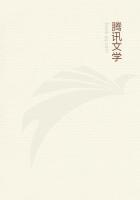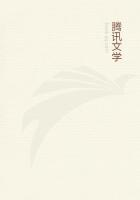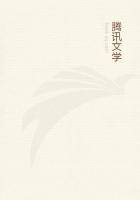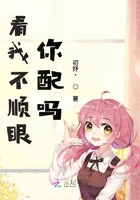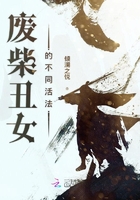But do you think the twenty thousand free-born Americans in Texas are going to have a dictator? They will have the constitution of eighteen twenty-four--or they will have independence, and make their own constitution! Yes, sir!"
"You know the men for whom you speak?"
"I have been up and down among them for two years. Just after I came to Texas I was elected to the convention which sent Stephen Austin to Mexico with a statement of our wrongs. Did we get any redress? No, sir! And as for poor Austin, is he not in the dungeons of the Inquisition? We have waited two years for an answer. Great heavens Doctor, surely that is long enough!"
"Was this convention a body of any influence?"
"Influence! There were men there whose names will never be forgotten. They met in a log house; they wore buckskin and homespun; but I tell you, sir, they were debating the fate of unborn millions."
"Two years since Austin went to Mexico?"
"A two years' chapter of tyranny. In them Santa Anna has quite overthrown the republic of which we were a part. He has made himself dictator. and, because our authorities have protested against the change, they have been driven from office by a military force. I tell you, sir, the petty outrages everywhere perpetrated by petty officials have filled the cup of endurance. It is boiling over. Now, doctor, what are you going to do? Are you with us, or against us?"
"I have told you that I have been with my countrymen always--heart and soul with them."
The doctor spoke with some irritation, and Houston laid his closed hand hard upon the table to emphasize his reply:
"Heart and soul! Very good! But we want your body now. You must tuck your bowie-knife and your revolvers in your belt, and take your rifle in your hand, and be ready to help us drive the Mexican force out of this very city."
"When it comes to that I shall be no laggard."
But he was deathly pale, for he was suffering as men suffer who feel the sweet bonds of wife and children and home, and dread the rending of them apart. In a moment, however, the soul behind his white face made it visibly luminous.
"Houston," he said, "whenever the cause of ******* needs me, I am ready. I shall want no second call. But is it not possible, that even yet--"
"It is impossible to avert what is already here. Within a few days, perhaps to-morrow, you will hear the publication of an edict from Santa Anna, ordering every American to give up his arms."
"What! Give up our arms! No, no, by Heaven! I will die fighting for mine, rather."
"Exactly. That is how every white man in Texas feels about it. And if such a wonder as a coward existed among them, he understands that he may as well die fighting Mexicans, as die of hunger or be scalped by Indians. A large proportion of the colonists depend on their rifles for their daily food. All of them know that they must defend their own homes from the Comanche, or see them perish. Now, do you imagine that Americans will obey any such order? By all the great men of seventeen seventy-five, if they did, I would go over to the Mexicans and help them to wipe the degenerate cowards out of existence!"
He rose as he spoke; he looked like a flame, and his words cut like a sword. Worth caught fire at his vehemence and passion.
He clasped his hands in sympathy as he walked with him to the door. They stood silently together for a moment on the threshold, gazing into the night. Over the glorious land the full moon hung, enamoured. Into the sweet, warm air mockingbirds were pouring low, broken songs of ineffable melody. The white city in the mystical light looked like an enchanted city. It was so still that the very houses looked asleep.
"It is a beautiful land," said the doctor.
"It is worthy of *******," answered Houston. Then he went with long, swinging steps down the garden, and into the shadows beyond, and Worth turned in and closed the door.
He had been watching for this very hour for twenty years; and yet he found himself wholly unprepared for it. Like one led by confused and uncertain thoughts, he went about the room mechanically locking up his papers, and the surgical instruments he valued so highly. As he did so he perceived the book he had been reading when Houston entered. It was lying open where he had laid it down. A singular smile flitted over his face. He lifted it and carried it closer to the light. It was his college Cicero.
"I was nineteen years old when I marked that passage," he said; "and I do not think I have ever read it since, until to-night. I was reading it when Houston came into the room. Is it a message, I wonder?--"`But when thou considerest everything carefully and thoughtfully; of all societies none is of more importance, none more dear, than that which unites us with the commonwealth. Our parents, children, relations and neighbors are dear, but our fatherland embraces the whole round of these endearments. In its defence, who would not dare to die, if only he could assist it?"



